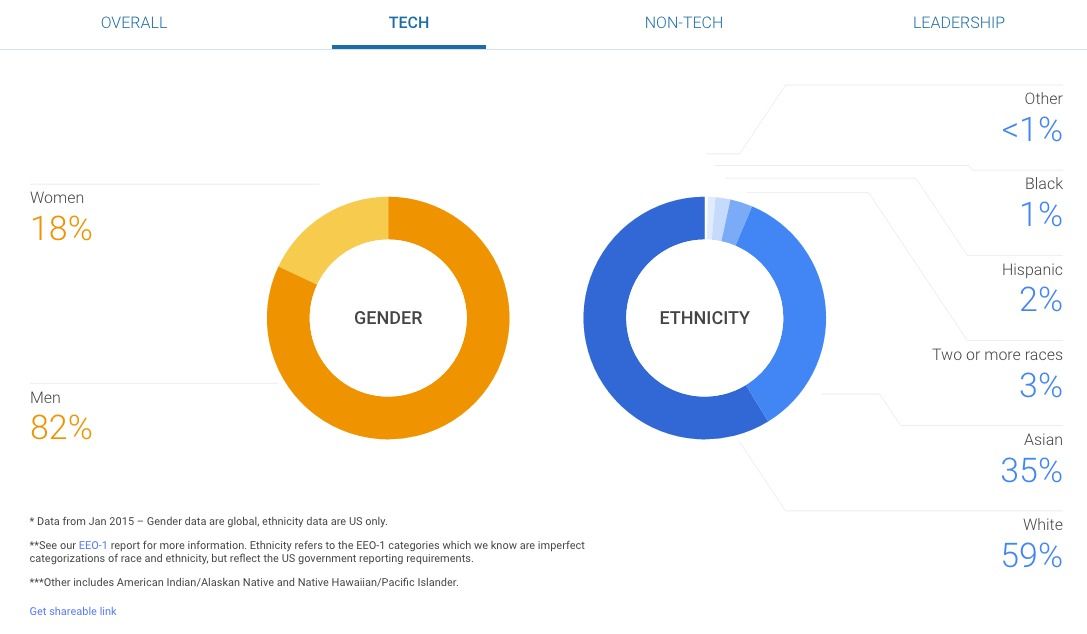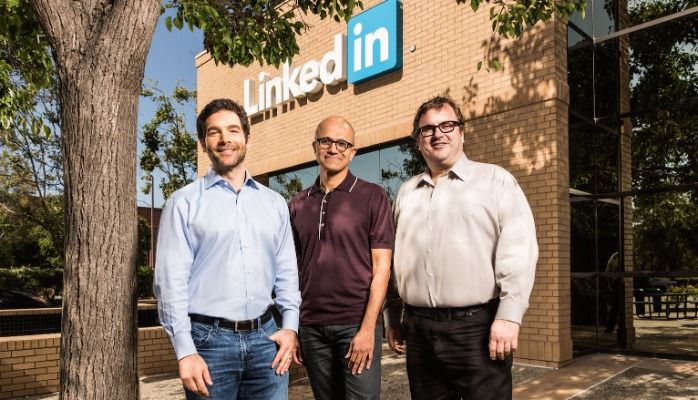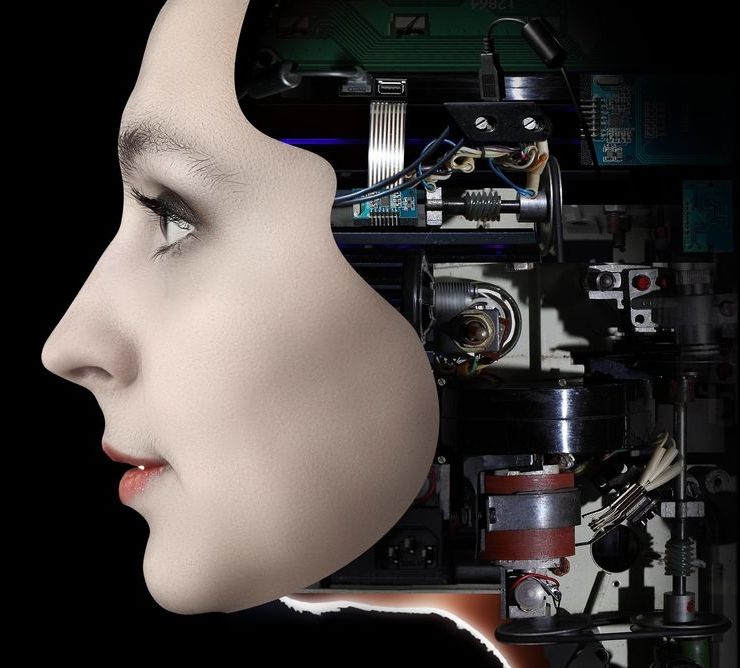Finally, someone is getting the concept about why in tech where you’re producing technologies that ultimately support many areas of the consumer market in the form of bio/ medical, consumer commercial products, art, homes/ buildings, autos, etc. You must be more inclusive in your teams or find your product and services will plataeu as more and more competitors crowd the space over time; something that other industries have learned many many decades ago.

Because most of the quickly growing companies and startups that tend to dominate it emerged from the maker community, the 3D printing industry often seems to find itself a little sequestered from the rest of the tech industry. Part of the reason is that very few of the industry’s largest companies started or are even based in Silicon Valley. While there is more to the tech industry than Northern California, it is often treated like the popular kids’ lunch table: everyone wants to sit there, and those that are tend to ignore those that aren’t. Sure most of the world’s large tech shows and conferences include plenty of 3D printing these days, but there still isn’t as much crossover as you’d expect, and 3D printing is still treated like that weird cousin who you’re not exactly sure is going to amount to anything.
I certainly can’t speak for everyone, but it almost feels as if being off in its own corner has been good for 3D printing. It has allowed a culture that thrives on open source technology and software to take root, and proven that businesses don’t need excessive patents to be successful if they build their companies correctly. In reality, 3D printing, despite being tech- and software-driven, probably has more in common with the manufacturing industry than high tech. However for all of its varied differences, the 3D printing industry does share one thing with most of the big tech companies in the world, it has a bit of a diversity problem.










